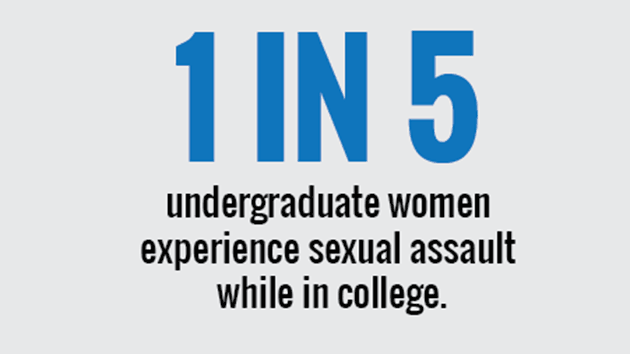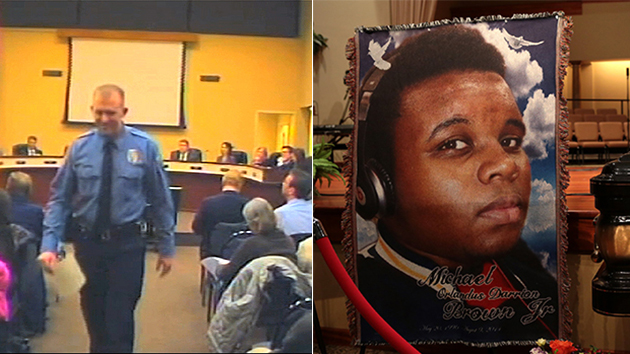
Ferguson: Christian Gooden/AP; Rice: Jason DeCrow/AP; UVA: Ryan M. Kelly/AP
What do these three recent stories have in common?
- Ferguson
- Ray Rice
- The University of Virginia gang rape
One thing they have in common is that I’ve written little or nothing about them. But they share two other attributes as well. Here they are:
- All three have spotlighted problems that are critically important and absolutely deserving of broader attention. Ferguson is all about racial disparities, police killings of unarmed civilians, the militarization of law enforcement, and other equally deserving issues. Ray Rice was about the scourge of domestic violence and its tacit acceptance within the culture of professional sports. The UVA rape story was about sexual assault on university campuses, fueled by alcohol, fraternities, and official lack of concern.
- However, the specific incidents in all three cases are, to say the least, less than ideal as poster children for these issues. We will never know for sure what happened to Michael Brown, but as evidence has dribbled out, the simple liberal narrative of a gentle teenager being gunned down while trying to surrender has seemed less and less credible. In the Ray Rice case, it’s clear that Rice did something terrible—but as it turns out, the evidence suggests that the criminal justice system treated him fairly reasonably and that the NFL’s actions were mostly a craven reaction to public opinion. Finally, in the UVA rape scandal, a number of credible questions have been raised about whether Rolling Stone‘s account of what happened was fair—or, in the worst case, even true.
If you’re curious about why I’ve been relatively quiet about these stories, that’s why. All of them spotlight issues that I think are well worth spotlighting, and I don’t really relish the thought of doing or writing anything that might dilute their power. These are all things that I want people to pay more attention to, not less, and if you want the world to change you have to be willing to exploit the events you have, not the events you wish you had.
And yet, the specific fact patterns of each specific case are genuinely problematic. To pretend otherwise is to be intellectually dishonest.
I’ve dealt with this by not saying much. That’s not exactly an act of moral courage, is it? And yet, with the facts as hazy as they are, I’m just not sure what else to do. Perhaps the answer is to stop worrying about it: Just accept that we live in a messy world and sometimes the events that have the most impact aren’t clear cut. But you use the events anyway in an effort to grab public attention and improve the world a bit, even if that sometimes means a few individuals end up being treated unfairly in some way. Perhaps.
I don’t know—though I’m struck that three such similar events have occurred in just the past few months. But I’m still not sure whether I should have reacted differently. I just don’t know.















